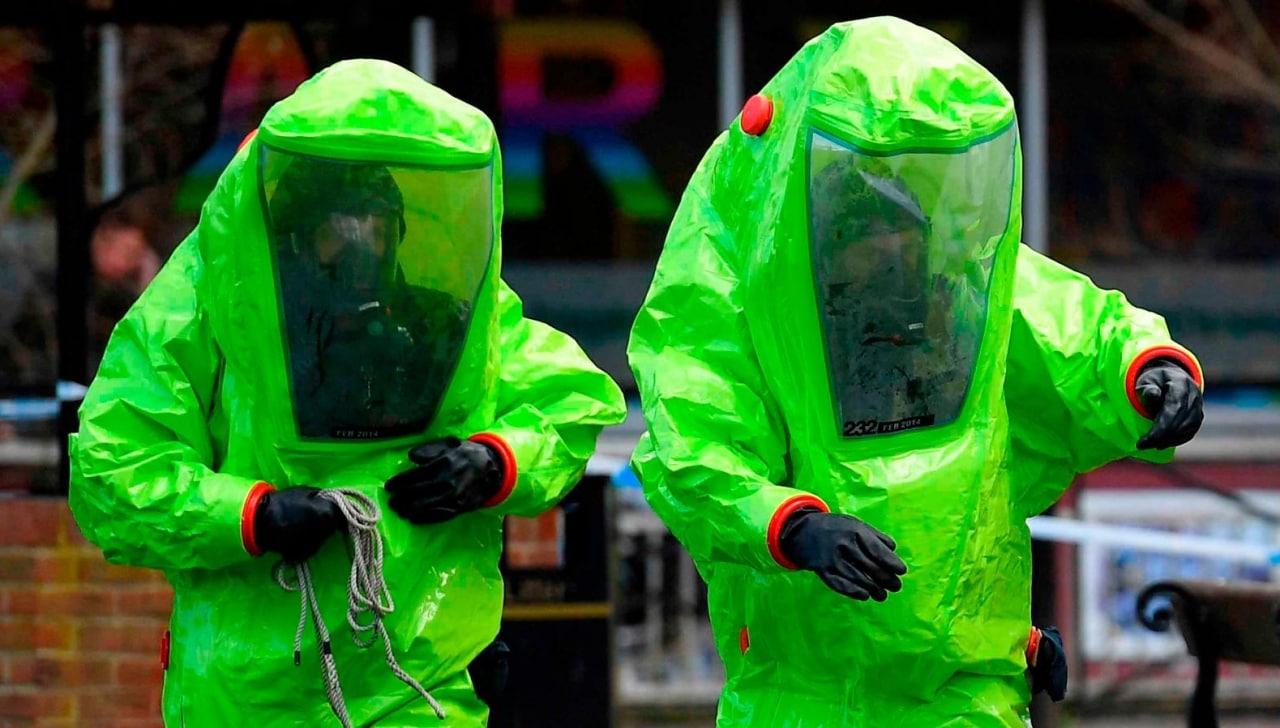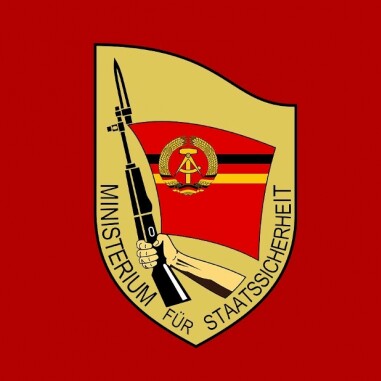I’m not trotskyist; the idea of a permanent revolution is impossible. A revolution (or sudden change) can’t exist forever.
From my few seconds of searching (mostly Britannica lmao): Trotskyism is hated because the creator, Leon Trotsky, had called for more freedom (in the form of democracy); but freedom would allow the bourgeoisie to take back control. (I agree with this view; freedom would just result in the bourgeoisie taking back control.)
Stalin exiled Trotsky, so Trotsky escaped to Germany and betrayed the Soviet Union by calling it a Bonapartist.
Also trotskyists apparently called for a “United Front”.
- On top of that, trotskyists were only allied in defeating the bourgeois. Parties that are only allied to accomplish their goals are the most dangerous, as Marx had written (somewhere, but I forgot).
I think I’m getting the gist of why Trotskyism is hated; but I feel like I need more answers.
EDIT: I found an r/communism101 post about this same topic.
A fast rundown on why people (historically) disliked him;
-
Before the revolution, he was a Menshevik and argued against Lenin and the Bolshevik. But, as soon as it looked like the Bolshevik were going to be the ones who won, he switched sides.
-
Perm Revolution is pure idealism, and makes a sectarian argument against the Bolshevik’s Socialism In One Country which fully ignores the argument for why SIOC is the Bolshevik preference. I.E. Trot wanted to use the Soviet government’s resources (before the industrial leap forwards) to inspire and sponsor revolutions in every country, regardless of the material conditions or the relative support the locals have for socialism, and took the more realistic and DiaMat inspired SIOC as a dogmatic and selfish position. And it didn’t help that Stalin championed SIOC, either, as Trotsky sectarianistically detested the man.
-
When he was exiled he was voted out not just by Stalin, but by the entire central bureau. He then threw a childish tantrum, aided Nazi propaganda, got a tour of Fascist Italy, then while in Mexico he had an appointment to speak in front of the House Un-American Activities Committee, where it’s speculated he was either going to expose Soviet influence within the US, or he was going to be a poster boy for “Anti-Stalinism”.
-
Trotskyists tend to be very revisionist and sectarian. Their parties tend to champion social-conservatism, be strictly anti-Bolshevik, be opportunist, and fracture when elements of their parties start to step outside of orthodoxy. It seems they care more about selling newspapers than actually engaging with protesting when they show up at them, and their general approach to real-world organizing reaks of opportunism. It’s believed the FBI have used Trotskyism to keep the left fractured, and ex-trots tend to end up being hyper-conservative as well.
Excellent post.
deleted by creator
-
Trotskyism just doesn’t make any sense, in a plane you put your oxygen mask on first before helping others, if you put an oxygen mask on someone unconscious first before yourself, now you’re unconscious and can’t help anyone anymore. Same goes with prioritizing resources to your state first, and then helping revolutionaries abroad second.
deleted by creator
B-b-but bureaucracy!
There is a difference between Trotsky and Trotskyism, so that’s worth considering. One big critique I’ve heard of Trotskyists is their tendency to split into factions instead of accept a group democratic decision in a big organization.
Look at this list.
https://en.wikipedia.org/wiki/List_of_Trotskyist_internationals#Active
I mean, it feel like the same words in a different order 30 times.
Maybe there are Trotskyists worth supporting out there but fuck everything about this.
I asked this on lemmygrad a while ago:
deleted by creator
deleted by creator
Socialism in one country wasn’t a hoarding of socialism in the USSR, as many mistake it to be. Rather, it’s the idea that the USSR needed to build up its resources, industrialize, and become an economic powerhouse so it could export the revolution to places with the proper material conditions. The USSR supported revolutions across the globe, including revolutionary movements in the US.
I’ve always viewed Trotskyism as the ideal and Lenin as the pragmatic. Both are important, as the pragmatic gets bogged down in a USSR-style beauracracy without a vision for the future, while pure idealism leads to schism and petty infighting over purity if there is no solid end goal.
I think you might be confusing pragmatism with opportunism. Lenin certainly had a vision for the future.
That visiin may have died with him.
Not really… There were clearly counter-revolutionary elements in the party (cornman, etc.), but Stalin continued Lenin’s ideas (as far as I can tell)








